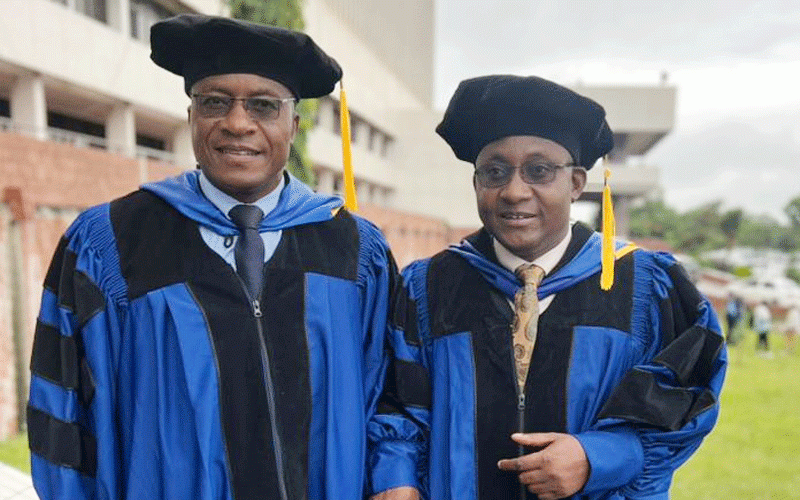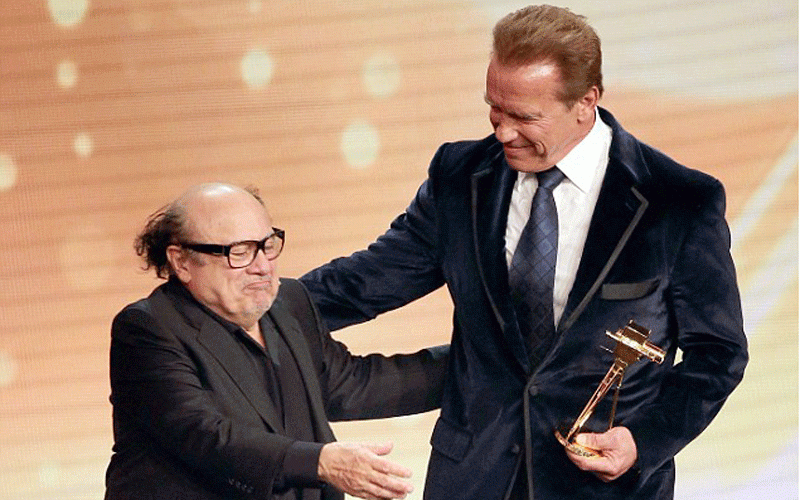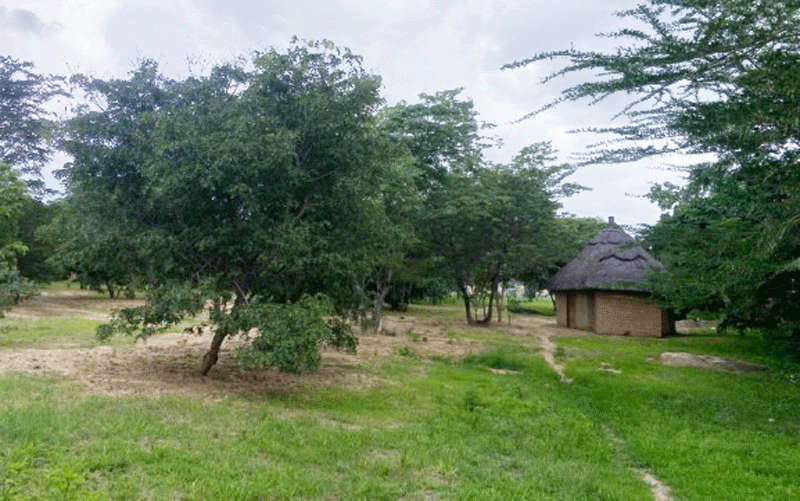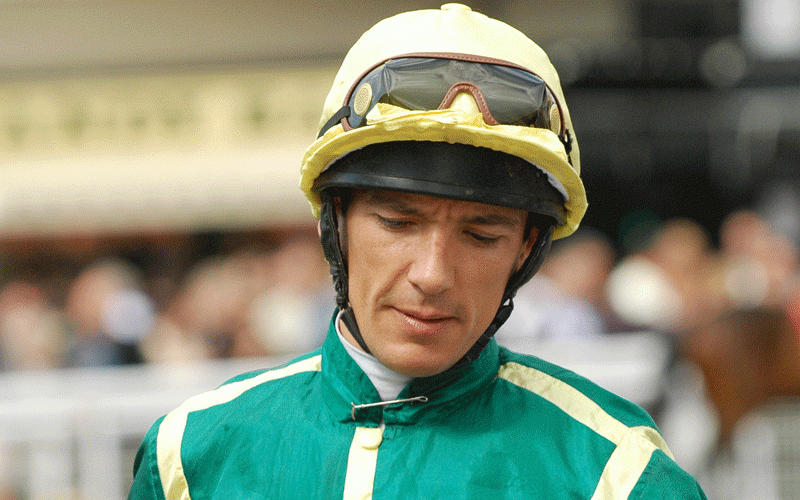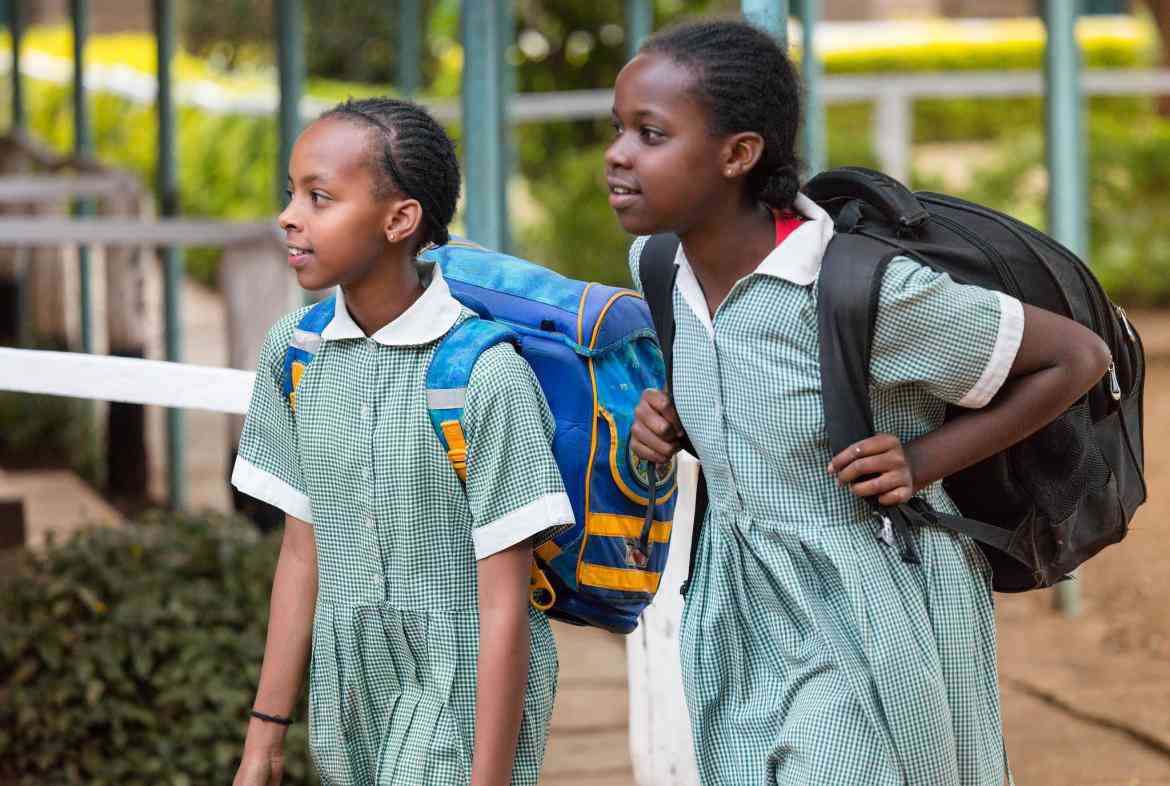
Anyone who has been around teenagers for any length of time will be aware that one of their favourite expressions is: “That’s not fair!”
They are experts in justice, at least when it comes to their own situation and will defend their cause deliberately, defiantly and deeply.
Our response might well be familiar to that attributed to Bill Gates in his ‘11 Rules for Teenagers’ (though originally written by Charles Sykes) when he gave as his Rule Number 1: “Life’s not fair – get used to it!”
Be that as it may, one of the things teenagers will find most unfair is a well-known quote from William Shakespeare’s play ‘The Merchant of Venice’ which argues: “The sins of the fathers are to be laid on the children.”
Well might any child complain about that: Why should they have to pay the consequences of their parents or their parents’ generation?
The whole modern climate change movement among young people centres around this whole issue that past generations have not looked after the world responsibly and they have to suffer the consequences.
A popular cartoon in recent years depicts in the first picture a father and mother holding their child’s homework book with an F plastered on it and saying to their child in front of his teacher: “What is the meaning of this?”
The second shows exactly the same scenario, but instead of the parents looking at the child and asking that question, they are looking at the teacher and asking it.
- In Full: eighteenth post-cabinet press briefing June 28, 2022
- Zim to host world boxing indabas
- Harvest hay to prevent veldfires: Ema
- Pomp and fanfare at Pastor Mukariri album launch
Keep Reading
There is no third picture but in truth there could be one; there could be a picture of the same scene with the very same question being asked of the parents: What is the meaning of your child being as he is?
In a previous article, we have argued that the parents’ role in raising and educating their child is absolutely paramount, especially at the youngest age.
The question then must be asked: When are the parents educated and trained to be a parent?
We have often declared that parenting is the hardest job in the world but unlike other jobs, there is no training required to be a parent, a fact that the majority of parents exploit completely. Most parents have received no such training.
So, what is the solution for that? Some schools offer parenting lessons for their parents but while it is commendable, necessary and vital, by the time these are offered it is too late for the parents to have any real success.
Some parents argue that parenting lessons should be part of the life skills programme at school.
Are we saying that we should teach our children how to change a nappy, discipline a child, talk to children, have quality time with a child, as part of the curriculum?
On the surface, that appears to be a preposterous idea! Well, here is the thing: it is not!
In fact, children are already being trained as parents at school! Had we not noticed? To understand this, we should consider the line from a Wordsworth poem (entitled ‘The Rainbow’), which says that “the child is the father of the man”.
The children we are raising are becoming the men and women, as well as the parents of tomorrow; the child becomes a father (or mother).
The behaviour of the child becomes that of the parent; the child we see will show us what the parent will be like.
What this means is that what we have taught our children at school and home will live long with them into their adult, and especially parental, life.
What we see in the child we will see in the parent later on; the values and principles instilled (or not) in a child at school will remain with the move from childhood to parenthood.
The troublesome pupil will become the troublesome parent; the grumbling child will become the grumbling parent and so on.
The fact is too, that all parents were children once; none of us missed out on those childhood years.
It follows therefore that we know what children do, how they behave, how they try to bend the rules and hide their actions (and it is only later in life, being a parent ourselves, that we realise that our parents did know all along)!
It is not the sins of the fathers about which we should be concerned; it is the sons of the fathers!
Parents do make mistakes (though it is emphasised that their children are not mistakes) and those do have an effect on their children.
But that is because they were children themselves once. It is the sons in training to be fathers about which we should be most concerned.
The child is the father of the man but equally the parent is the product of the child.
We must not get used to that; we must do something about it while we can. That way we might find life can be fair!
- Tim Middleton is the executive director of the Association of Trust Schools [ATS]. The views expressed in this article, however, are solely those of the author in his private capacity and do not necessarily represent the views of the ATS.
- email: [email protected]
- website: www.atschisz

